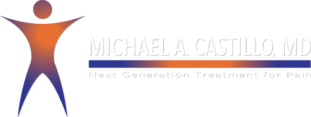Are Regenerative Therapies Effective?
It’s an age-old question in medicine, is this safe? Is it effective? With the rise of regenerative medicine and stem cell therapies, people wonder if therapies such as Platelet Rich Plasma, Exosomes/Stem Cells, and Ozone Therapies are safe and effective for chronic pain conditions such as arthritis. Platelet Rich Plasma and Stem Cell treatments can […]
 Skip to content
Skip to content
